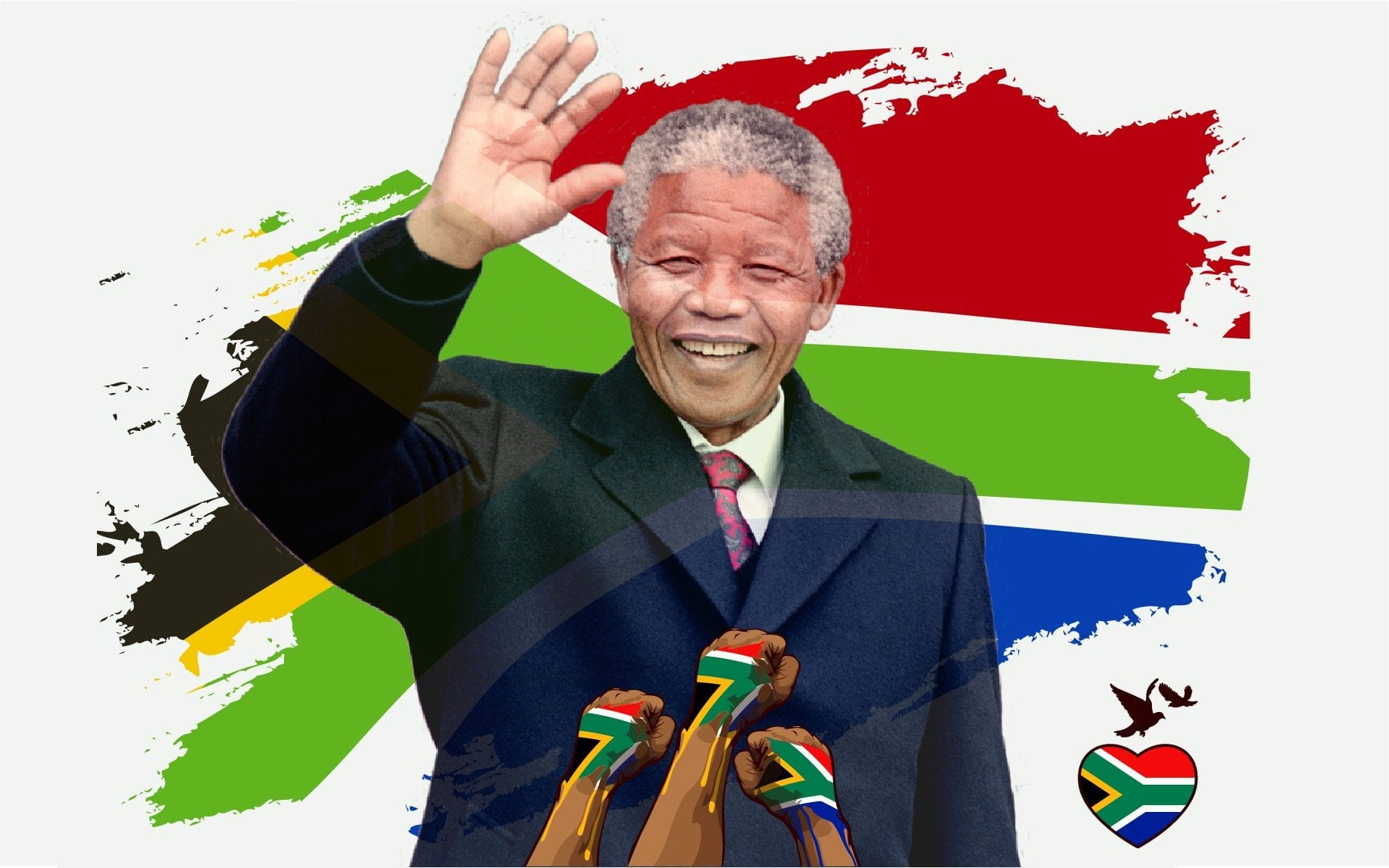Nelson Mandela: A Biography
Early Life and Education Nelson Rolihlahla Mandela was born on July 18, 1918, in the village of Mvezo in Umtata, then part of South Africa’s Cape Province. His father, Gadla Henry Mphakanyiswa, was a local chief and councillor to the monarch, and his mother was Nonqaphi Nosekeni. Mandela belonged to the Thembu royal family of the Xhosa-speaking people. At the age of seven, he became the first member of his family to attend school, where he was given the English name “Nelson” by his teacher.
Higher Education and Activism Mandela attended the University of Fort Hare, a prestigious institution for higher learning for Black Africans, but was expelled for participating in a student protest. He later completed his Bachelor of Arts through the University of South Africa and began his law studies at the University of the Witwatersrand.
Political Involvement and the ANC In 1944, Mandela joined the African National Congress (ANC) and helped found the ANC Youth League, advocating for a more radical approach to achieving civil rights. Mandela’s activism intensified, and he became a prominent leader in the struggle against apartheid, South Africa’s institutionalized system of racial segregation and discrimination.
The Defiance Campaign and Rivonia Trial In the 1950s, Mandela led the Defiance Campaign against apartheid laws and was repeatedly arrested for his activities. In 1961, he co-founded the ANC’s armed wing, Umkhonto we Sizwe (“Spear of the Nation”), which launched a campaign of sabotage against government targets. In 1962, Mandela was arrested and convicted of sabotage and other charges. In the famous Rivonia Trial of 1963-1964, he was sentenced to life imprisonment.
Imprisonment Mandela spent 27 years in prison, primarily on Robben Island, enduring harsh conditions but continuing to be a symbol of resistance. During his imprisonment, international pressure mounted for his release, and he became a global icon for the anti-apartheid movement.
Release and Negotiations Mandela was released from prison on February 11, 1990, amid growing domestic and international pressure on the apartheid regime. He immediately entered negotiations with President F.W. de Klerk to dismantle apartheid and establish multiracial elections.
Presidency and Reconciliation In 1994, Mandela was elected as South Africa’s first Black president in the country’s first fully representative democratic election. His presidency focused on reconciliation between the country’s racial groups, nation-building, and creating a new democratic constitution. He established the Truth and Reconciliation Commission to address past human rights abuses.
Post-Presidency and Legacy After serving one term, Mandela stepped down in 1999, continuing his activism through the Nelson Mandela Foundation. He became a global elder statesman, advocating for peace, human rights, and fighting against HIV/AIDS. Mandela received numerous awards, including the Nobel Peace Prize in 1993, shared with F.W. de Klerk.
Death and Legacy Nelson Mandela passed away on December 5, 2013, at the age of 95. He is remembered as a towering figure in the fight for justice, equality, and human rights, not only in South Africa but around the world. His legacy continues to inspire millions in the ongoing struggle against oppression and for the promotion of human dignity.


